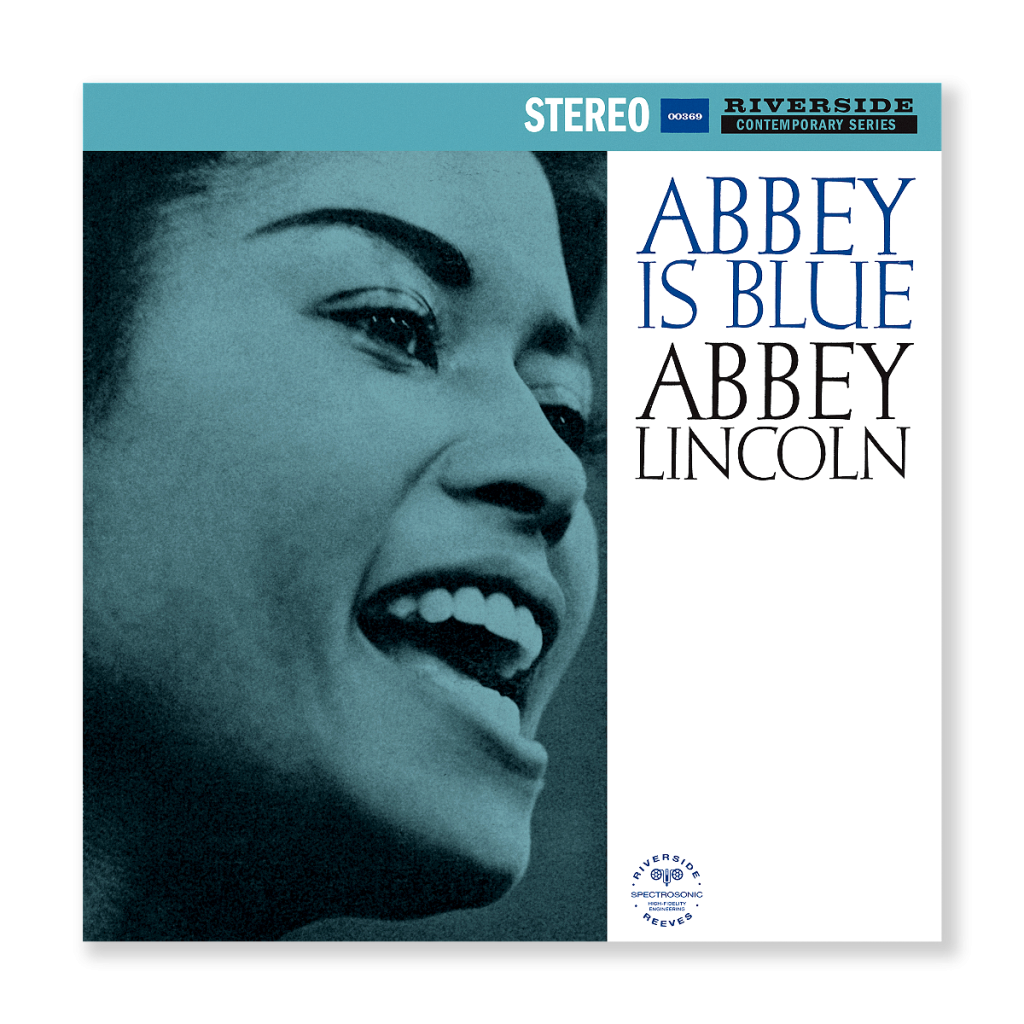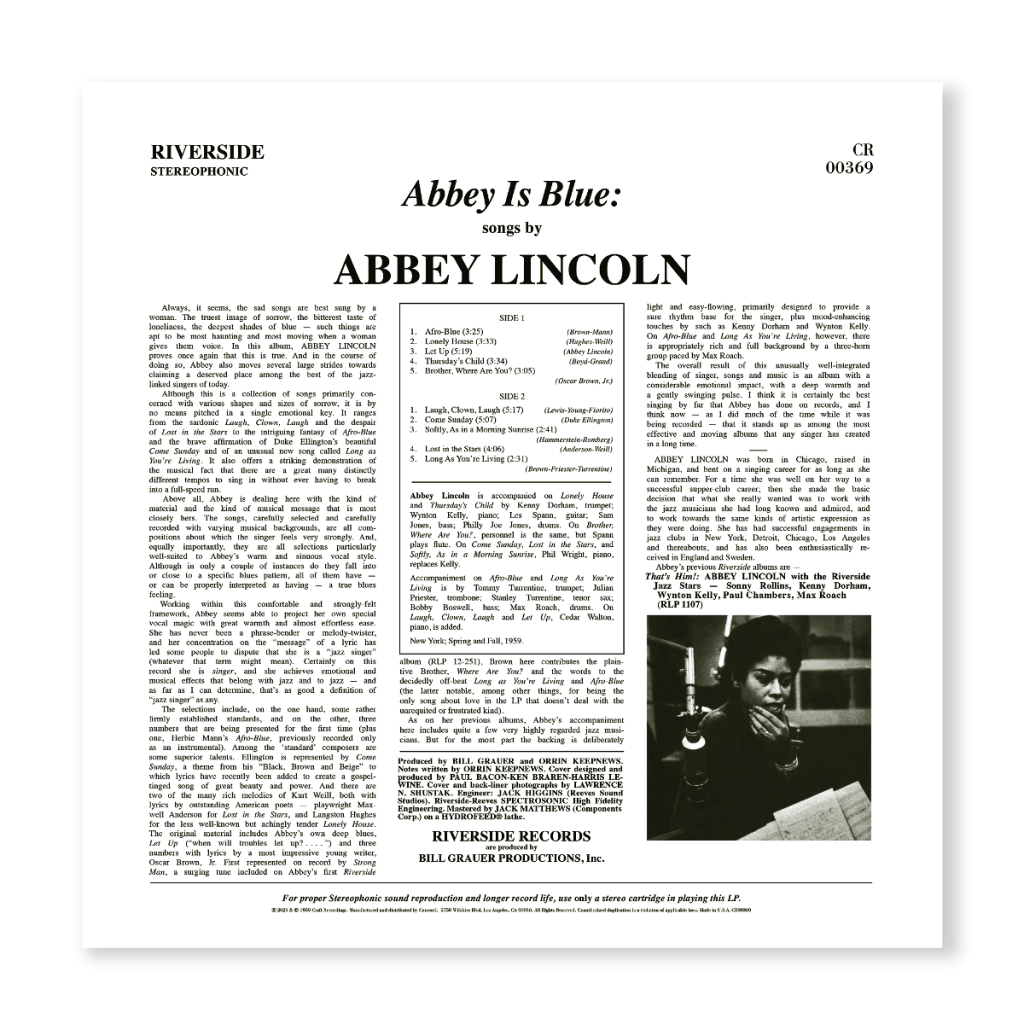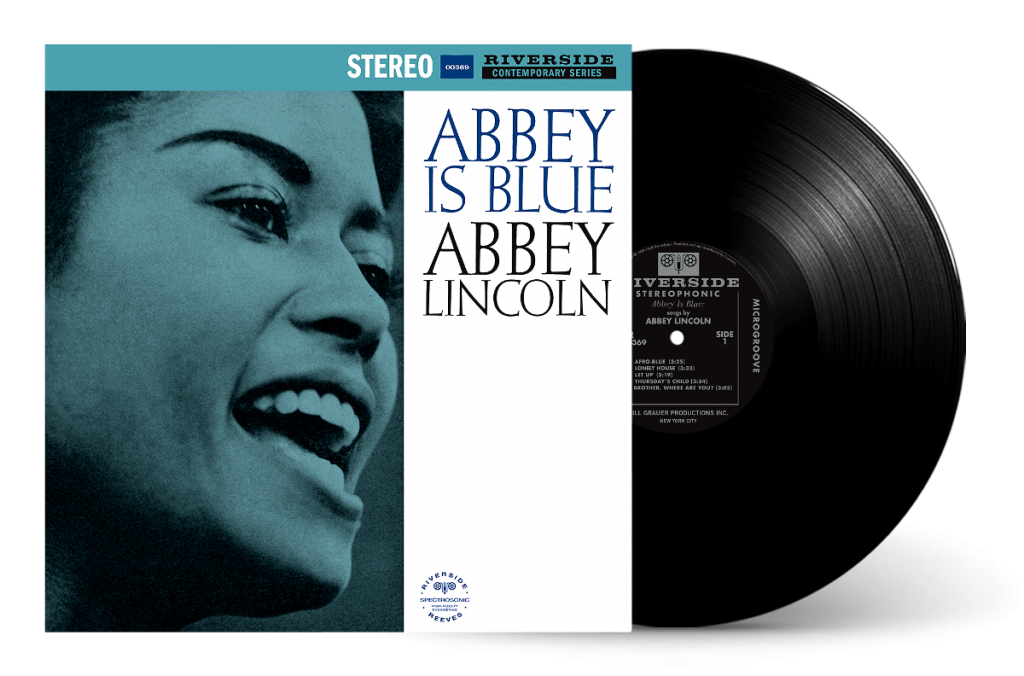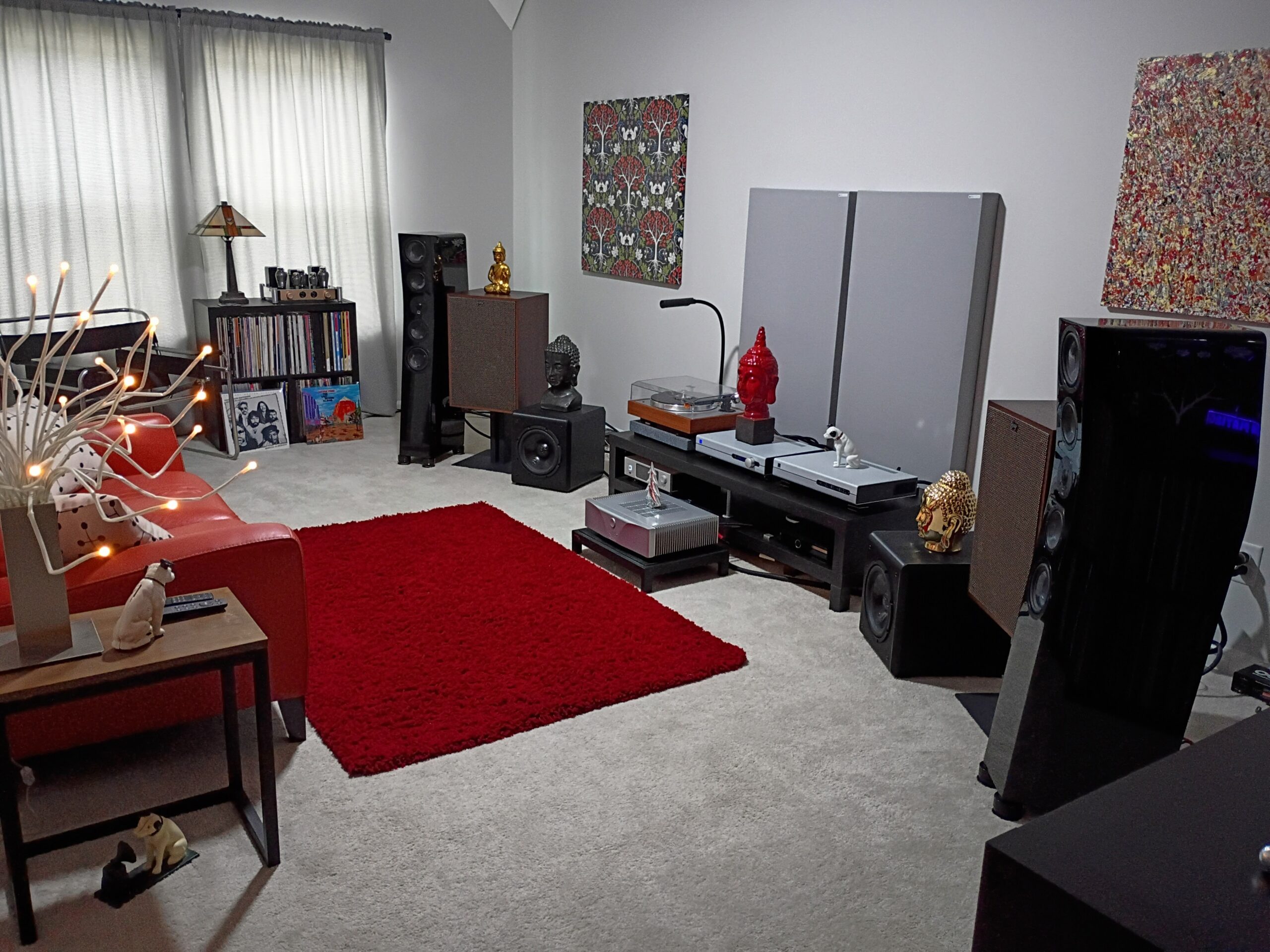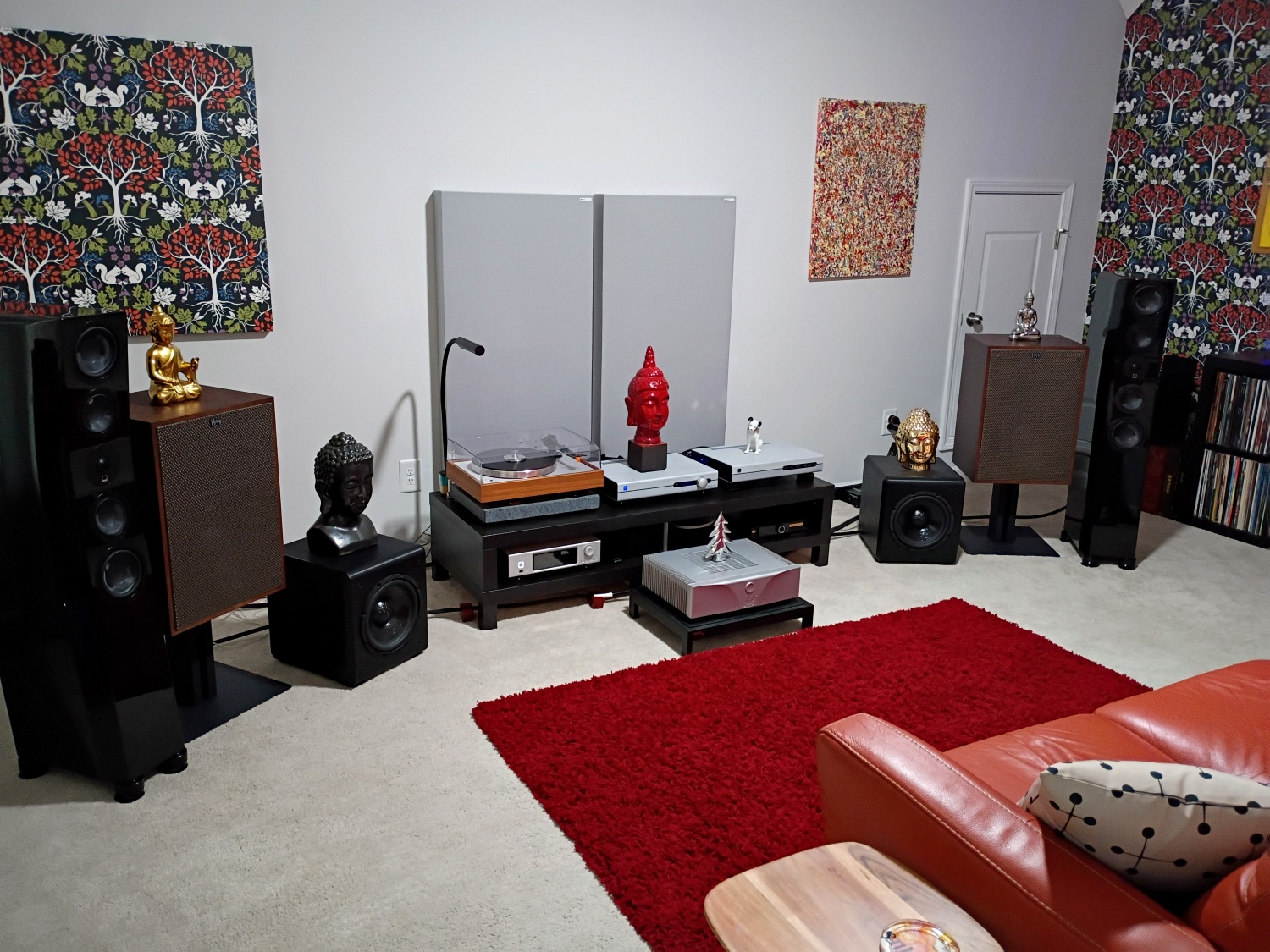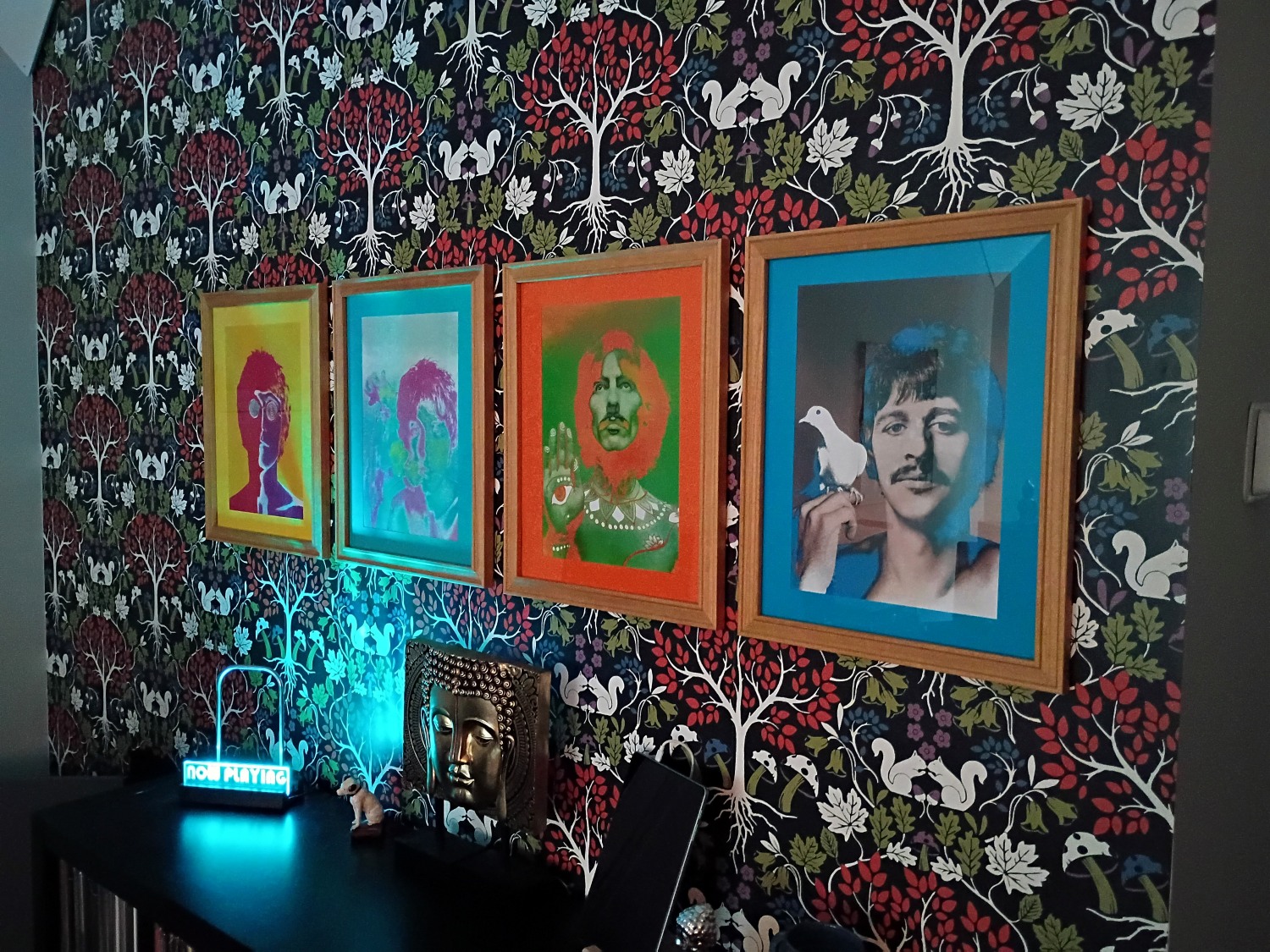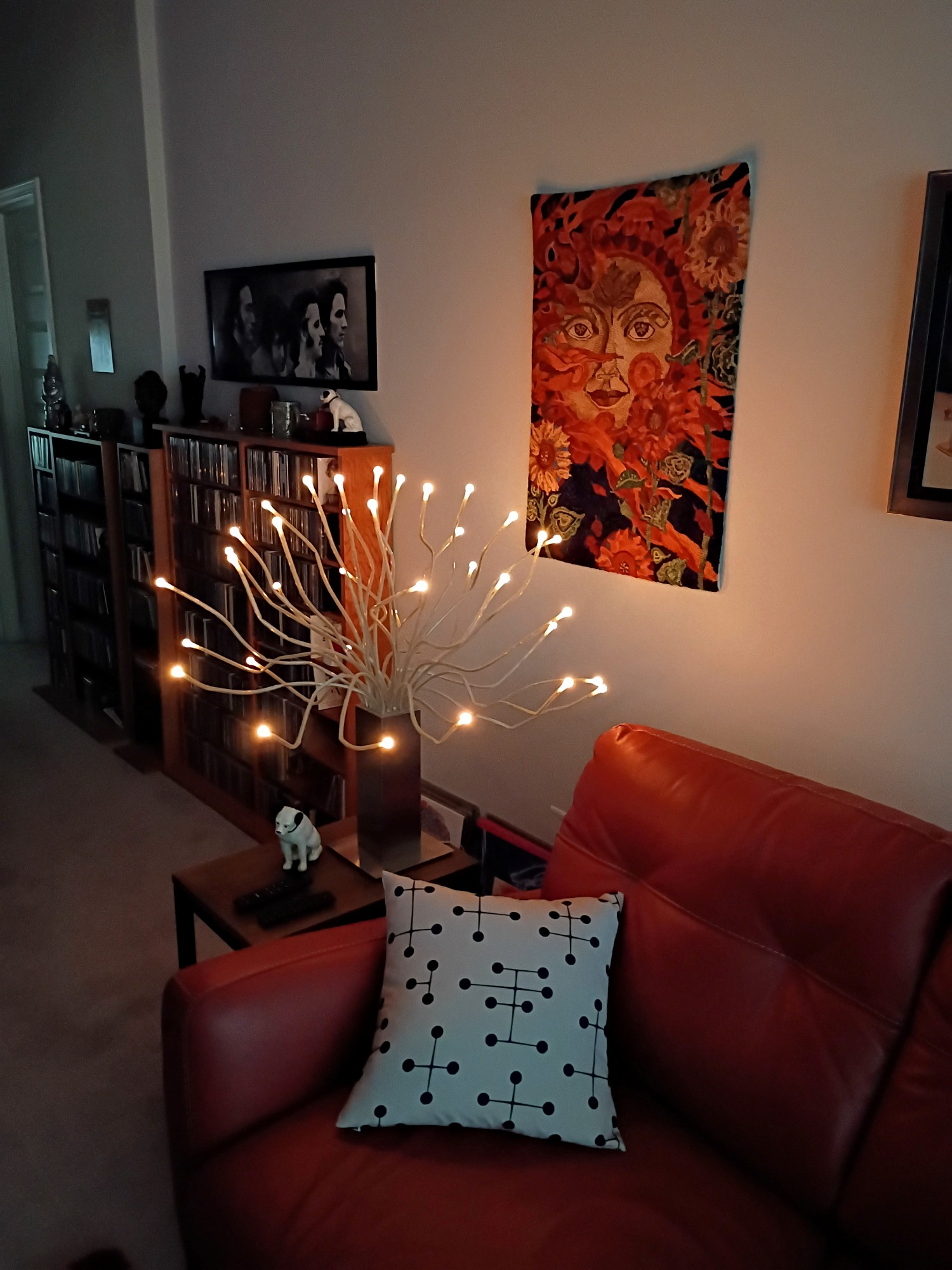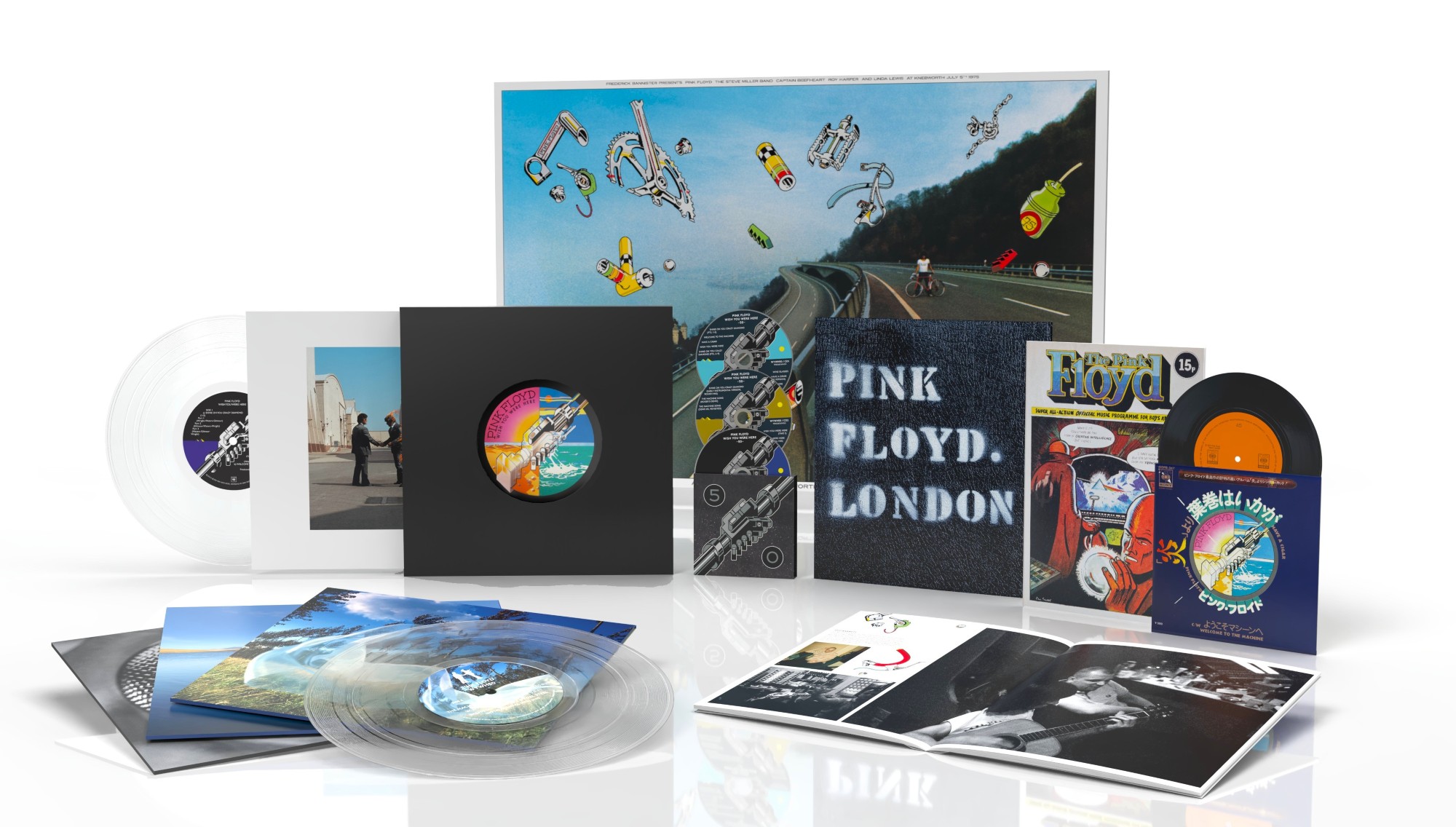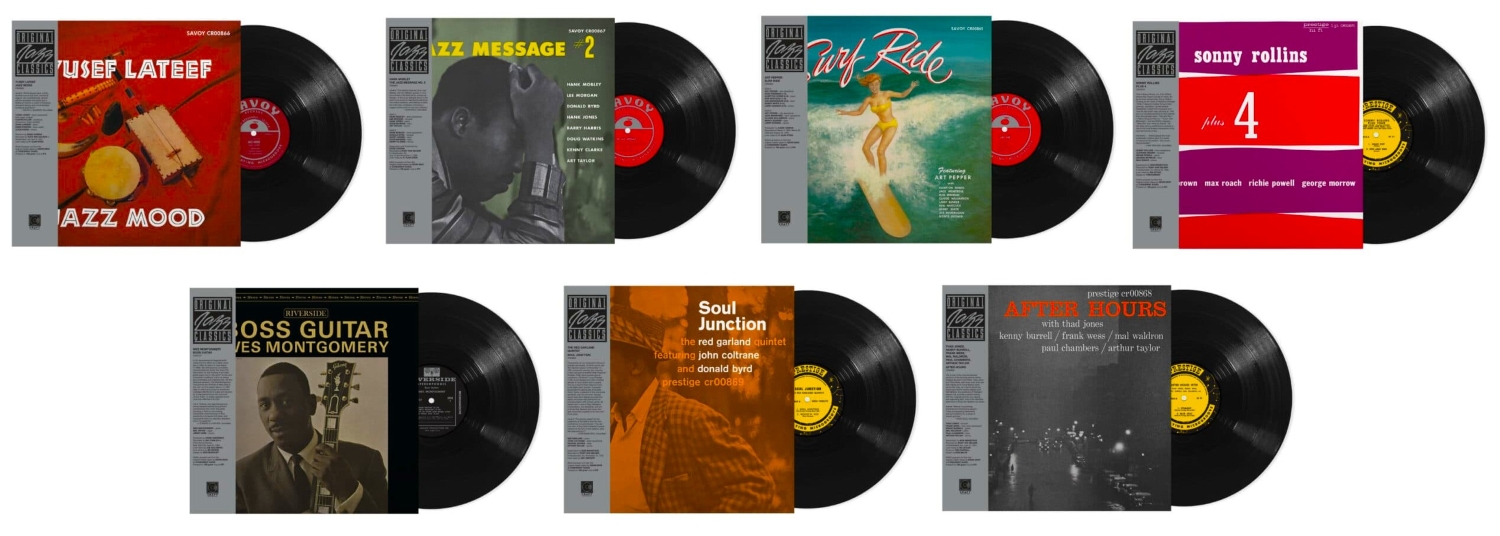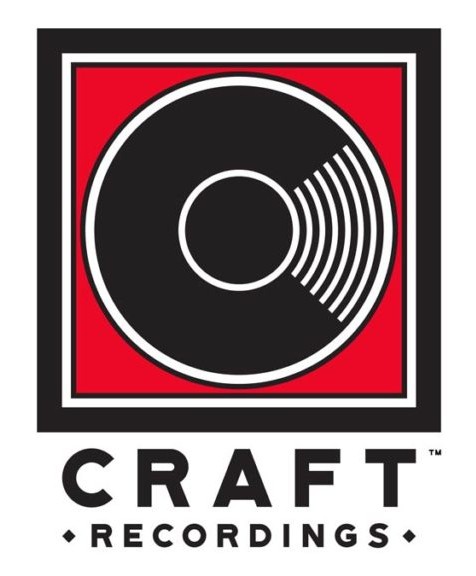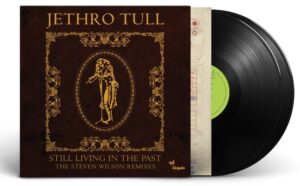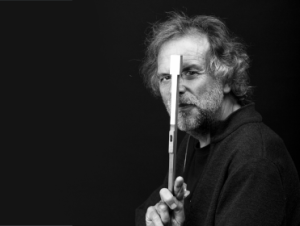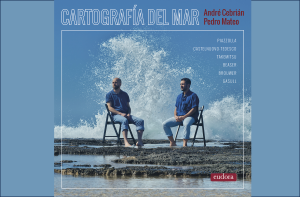Anna Marie Wooldridge was born on August 6, 1930, in Chicago, Illinois, although she was raised from childhood in Michigan. Alternating between her desires to be an actress and a singer, she started performing while still in high school, and soon relocated to the west coast in the early Fifties, where she performed mostly in cabarets as a singer under the names Gaby Lee, Anna Marie, and Gaby Wooldridge, but eventually settled on the nom de plume Abbey Lincoln for her recording debut, a 1956 session with trumpeter and bandleader Benny Carter. Shortly afterward, she appeared in the film The Girl Can't Help It, where she again teamed with Benny Carter and sang "Spread The Word, Spread The Word"; she also wore one of the same dresses that Marilyn Monroe made famous in Gentlemen Prefer Blondes. Lincoln soon met drummer Max Roach, who was signed to Riverside Records; he introduced her to Riverside co-owner and producer Orrin Keepnews, who brought her to New York to record a series of albums for the label, including this one, Abbey Is Blue.
The 1959 Riverside session for Abbey Is Blue was co-produced by Orrin Keepnews and Bill Grauer, and was drawn from multiple sessions recorded over a six-month period that featured an all-star cast of supporting players. Four of the album's ten tracks feature (Lincoln's soon-to-be husband) Max Roach's current touring sextet, featuring Tommy Turrentine on trumpet, Stanley Turrentine on tenor saxophone, Julian Priester on trombone, Cedar Walton on piano, and Bobby Boswell on bass. And of course the inimitable Max Roach himself on drums—although this is a very atypical (and quiet!) Max Roach recording—he lays back and doesn't attempt to steal the spotlight from the future missus. The remainder of the tracks feature performances from Kenny Dorham on trumpet, Wynton Kelly and Phil Wright on piano, Sam Jones on bass, and Phillie Joe Jones on drums. Les Spann adds guitar on four tracks and plays flute on another. While the backing is superb throughout, the players mostly stay out of the way of Abbey's superb voice and allow her emotional and expressive performances to command your attention.
By the point when she arrived in New York to record Abbey Is Blue, Lincoln had already made something of a name for herself as an outspoken proponent of the Civil Rights movement. And taking a page from her idol Billie Holiday's book, she chose to sing songs on her new album that didn't closely hew to the tradition of standards or Tin Pan Alley tunes, choosing instead songs that were much more personal in meaning, and often bordered on social protest. That said, there's not much here that will uplift anyone's spirit in her presentation of these songs; there's actually much more of a sense of world-weariness from the constant fight against social and racial injustice. The songs on Abbey Is Blue are in essence a lament against social injustice; in later years, her songs and work would face it head on.
That's not to say that this is a depressing album; Abbey Lincoln's emotive and expressive voice gives these songs a power and quiet majesty that simply pulls the listener in—the song selection grabs your attention and doesn't let go for the duration. Side One opens with Herbie Mann's upbeat "Afro Blue," and is driven here by the horn section of trumpeter Tommy Turrentine, his brother Stanley Turrentine on tenor sax, and trombonist Julian Priester. The tune was previously only an instrumental, but had recently been given a really great lyric by relative newcomer Oscar Brown, Jr. The song exudes a yearning for African roots, and expresses a black experience rich with culture: "Dream of a land my soul is from...I hear a hand stroke on a drum...Shades of delight, cocoa hue...Rich as the night, afro blue." The Kurt Weill / Langston Hughes tune "Lonely House" follows; it's from Weill's opera Street Scene, which is often praised alongside Porgy and Bess as one of the great American operas. Abbey Lincoln's heartfelt vocal truthfully captures the drudgery of daily living: "Lonely house, lonely me...Funny with so many neighbors...How lonely it can be." Abbey Lincoln's self-penned "Let Up" opens with a blues-drenched piano figure from Cedar Walton, while Stanley Turrentine's sax wails away in the background, as Lincoln tells a tale of troubles and heartaches that are dragging her down. The effect is aurally stunning, especially when Tommy Turrentine peppers the performance with staccato bursts from his muted trumpet. "Brother, Where Are You?" closes the side; it's another great Oscar Brown, Jr. song that features a great opening flute figure from Les Spann, and Wynton Kelly really shines on piano. Lincoln is at her lyrical best in a song about longing and loneliness.
Side two opens with "Laugh, Clown, Laugh," which opens with an upbeat tempo and tells the tale of a clown who laughs on the outside but is actually crying on the inside. The tempo continues at a rapid clip through two verses, when it suddenly grinds to a crawl, and those verses are repeated and the slower tempo gives the song a poignancy that comes completely unexpectedly—it's a very striking effect and Abbey Lincoln's stirring vocal gives the song a sense of spirituality and a much deeper level of meaning. The Hammerstein / Romberg classic "Softly, As In A Morning Sunrise" is also played at a much slower clip than in the typical instrumental offering, which usually become high-powered blowing sessions. Lincoln's vocals are note-perfect, and the lyrics give the song a really different impression: "For the passions that thrill love...And take you high to heaven...Are the passions that kill love...And let it fall to hell"; Kenny Dorham offers a superb trumpet solo in the song's center. For me, the highlight of the entire album is the Maxwell Anderson / Kurt Weill classic "Lost In The Stars," which is as poignantly rendered as I've ever heard it, and again, Kenny Dorham really shines on trumpet. The album closes with "Long As You're Living," which is another great Oscar Brown, Jr. song that's given that great Max Roach Sextet treatment—the horn section of the Turrentine brothers and Julian Priester really propel this song.
Craft Recordings Reissue LP
This LP reissue was remastered by Kevin Gray at Cohearent Audio, and pressed on 180-gram vinyl at RTI; yes, it's another AAA, all-analog production from Craft Recordings. Hooray! My review copy was perfectly flat, and the sound quality of the LP was superb; the album surfaces were glossy, scratch-free, and featured deathly silent background levels, with nary a pop or tick throughout the proceedings and no signs of groove modulation noise. For a 1959 Riverside / Reeves recording, the sound is magnificent, and on par with the very best from the era. And Abbey Lincoln's voice is front and center, rendered with a believable palpability that gives the recording that rare "you are there" character that audiophiles really crave.
My listening was done through my usual analog front end, which features a ProJect Classic turntable fitted with a Hana SL moving coil cartridge, with the signal fed into a Musical Surroundings Phonomena II+ phono preamp that's powered by a Michael Yee linear power supply. For this classic LP, I returned to the PrimaLuna EVO 300 integrated tube amplifier powering the Zu Audio Omen loudspeakers. The PrimaLuna's EL-34 tubes gave the reissue an incredibly authentic sound quality that was rendered with impressive fidelity.
I compared the sound of the LP to the digital files that I'd downloaded from Craft and also to the files available on Qobuz—apparently, a higher resolution version is in the works and will be available for digital streaming, but the only thing currently available was the CD quality version. I felt the digital files were a bit compressed, and that the LP had a much more natural presentation, providing an overall more organic sound quality than the digital files were able to offer. I'd easily say the Craft Recordings LP is the finest available version of this album ever—the sound quality was absolutely superb in every respect; for fans of jazz vocals and especially classic jazz, this is required listening. Very highly recommended!
Abbey Lincoln, Abbey Is Blue. 180 gram, black vinyl LP: $21.99 MSRP.
Available from Craft Recordings.
All images provided by Chummy Press




